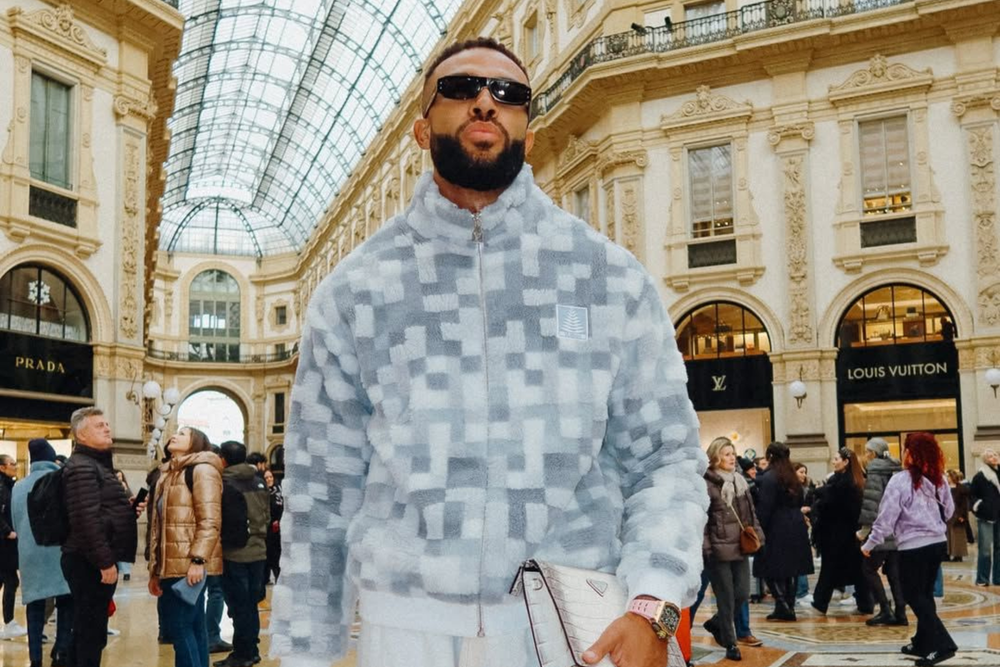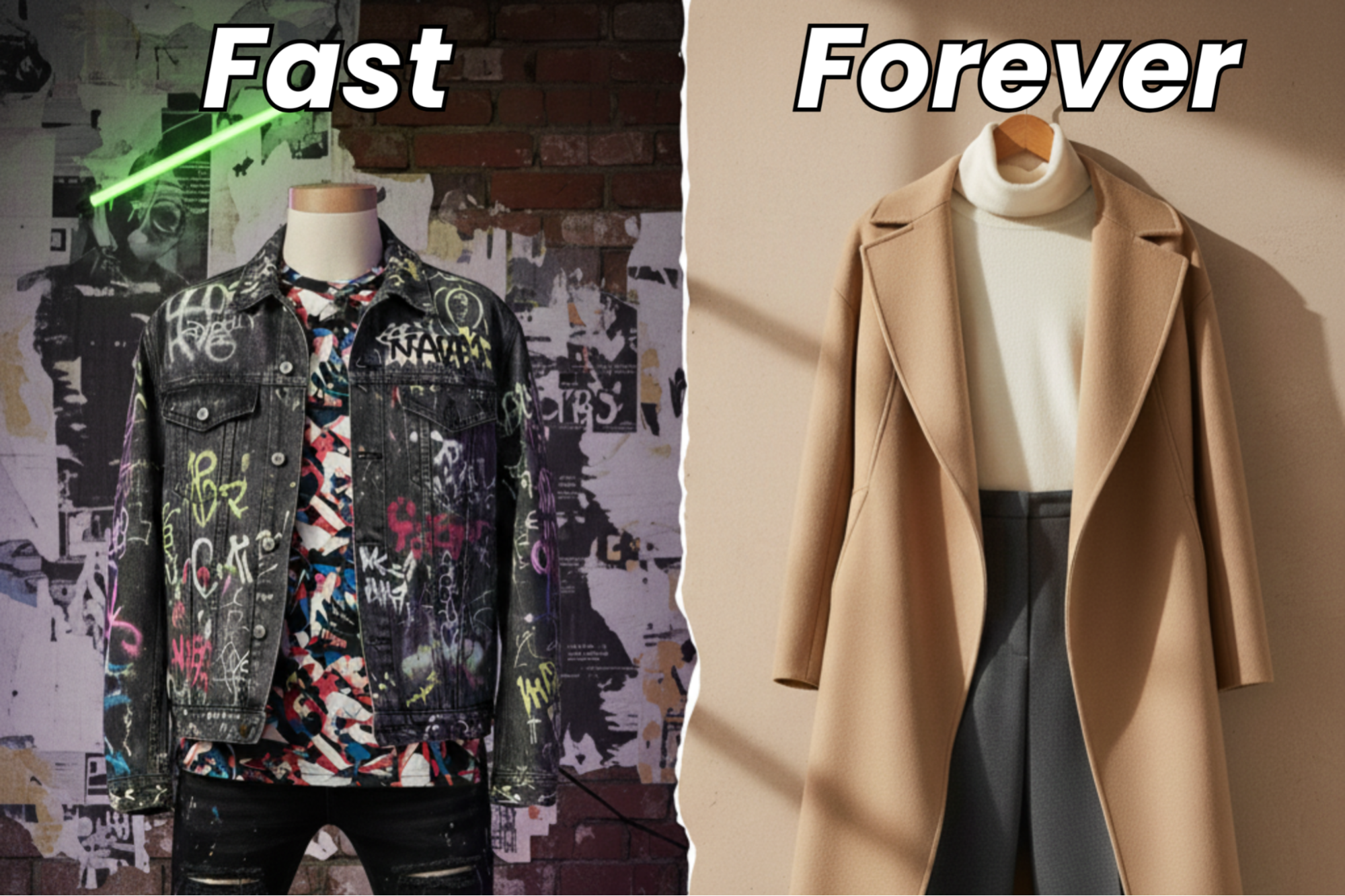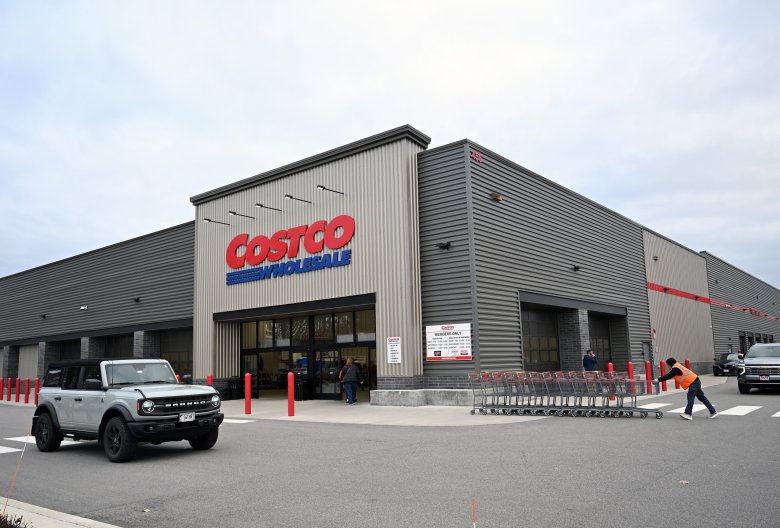You’re reading Entrepreneur Middle East, an international franchise of Entrepreneur Media.
Few entrepreneurs have experienced the rapid evolution of fashion e-commerce quite like Samuel Onuha, the Dutch founder of ICON Amsterdam. Since launching his brand in 2018, he has built it into a multi–eight figure business while navigating shifting consumer tastes, rising acquisition costs, and the impact of new technologies. Today, he believes the industry is at another turning point – one that will reshape how consumers discover, buy, and engage with fashion.
From Statement Pieces to Timeless Staples
“When I started in 2018, fashion looked completely different,” Onuha recalls. “The style was loud and expressive – spray-on skinny jeans with heavy rips, paint splatters, bold pinstripes. Our early slogan was literally ‘stand out from the crowd.’ Today, customers want the opposite – timeless, versatile pieces with clean silhouettes, minimal logos, and comfortable fabrics you can wear every day.”
For Onuha, the biggest shift in the past decade can be summarized simply – fashion e-commerce has moved from attention-grabbing statements to understated design that prioritizes fit, comfort, and subtlety.
The State of E-Commerce Today
Behind that shift is a landscape defined by three forces: performance marketing, luxury influence, and technology. “The industry is driven by paid media – products need to ‘pop’ in content but still feel timeless enough to justify the purchase,” Onuha says. At the same time, luxury houses like LVMH set the creative tone for the wider market, with trends trickling down from high fashion to accessible brands. And technology – from TikTok Shop to AI-powered ad tools – continues to rewrite how products reach consumers.
He offers his perspective on platforms: “Google is underrated. It remains the world’s most powerful engine for intent-driven buyers. TikTok, on the other hand, is overhyped for premium fashion. Viral products work there, but the typical shopper isn’t a high-ticket customer. For brands with higher average order values, scaling profitably on TikTok is tough.”
Smarter Consumers, Shorter Attention Spans
Consumers themselves are also changing. Quality remains non-negotiable, but Onuha believes service is now the deciding factor. “One negative streak on Trustpilot can ruin a brand overnight. That’s why many DTC players eventually move into holding inventory – you need speed, reliability, and fulfillment that match consumer expectations.”
Gen Z, he notes, behaves very differently from Millennials. “They won’t browse a full site. You have to remove friction and decision fatigue. That’s why we lean heavily into pre-selected bundles and one-tap checkout with Apple Pay. They want instant gratification and minimal effort.”

Looking Five Years Ahead
Asked what will define the next phase of e-commerce, Onuha points to a surprising direction – back to physical retail. “Shoppers are frustrated by not being able to try on clothes online. E-commerce reach is vital, but premium stores bring credibility, recognition, and higher average order values. Anyone can launch a website today; few can create a physical experience that stands out. That scarcity creates differentiation.”
Still, he doesn’t believe technology will replace creativity. “AI can streamline personalization and design, but creativity is a deeply human skill. It’s about connecting dots that machines can’t. Tech is a tool, but human creativity is the engine.”
The future, he says, is a hybrid model where online presence delivers reach while physical spaces build loyalty and brand equity.
Lessons from Resilience
Onuha’s views are grounded in experience. ICON Amsterdam nearly went bankrupt in 2022 before rebounding. The turnaround taught him three lessons: return to core brand identity, cut inefficiency quickly, and bring financial discipline in-house. “A good product isn’t enough – it has to look aspirational in content. At the same time, you need strong finance and the right people around you. Culture creates longevity, not just ads and products.”
Purpose Beyond Profit
For Onuha, the next era of entrepreneurship will also be judged by impact. He openly shares both wins and struggles with his audience and has pledged to dedicate ten percent of his profits to philanthropy, from education initiatives to building schools and churches. “The ultimate level of success isn’t financial – it’s self-transcendence. It’s about asking: what do I want to leave behind?“
Closing Thoughts
Looking ahead, Onuha believes the winning fashion brands will be those that combine aspiration with convenience. “Fashion e-commerce isn’t going anywhere,” he says. “The next decade will belong to brands that make shopping effortless while sparking the feeling of confidence and style consumers are searching for. If you can deliver both, you’ll stand out in any market.”
For future entrepreneurs, his message is equally clear: success is often closer than it seems. “It doesn’t come from being the most educated or having the perfect background. It comes from your ability to connect the dots, stay curious, and recognize the patterns that others miss. Once you see those patterns, success becomes repeatable.”









